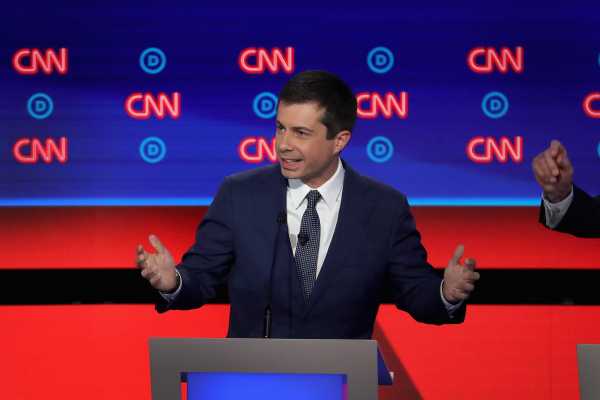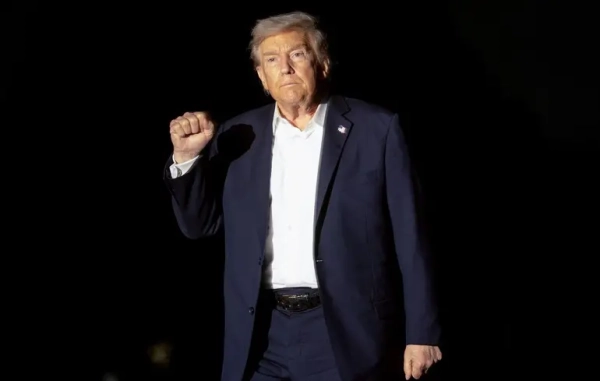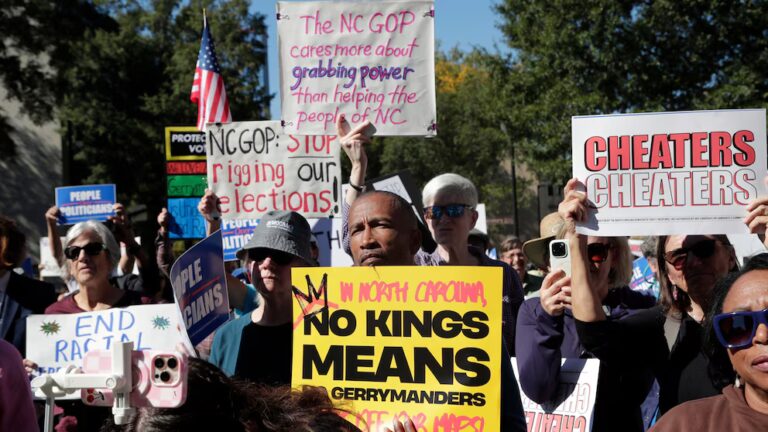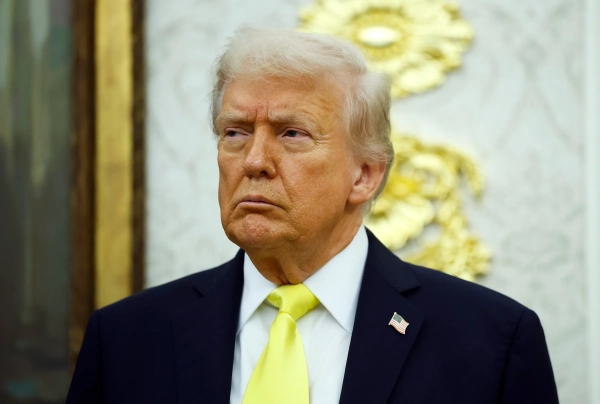
South Bend, Indiana, Mayor Pete Buttigieg gave the single most important answer at Tuesday’s Democratic debate.
It came after a lengthy section in which the assembled candidates debated different health care plans that have no chance of passing given the composition of the US Senate, and then debated decriminalizing unauthorized border crossings, which they also don’t have the votes to do, and then debated a series of gun control ideas that would swiftly fall to a filibuster and, even if they didn’t, would plausibly be overturned by the Supreme Court’s conservative majority.
That’s when Buttigieg spoke up:
So far, I’ve found Buttigieg’s campaign underwhelming on policy. But where he’s clearly leading the field is his emphasis on structural reform. Buttigieg isn’t the only candidate with good ideas on this score — Elizabeth Warren and Jay Inslee have been strong on this too — but he’s the only candidate who consistently prioritizes the issue.
The reality is Democrats are debating ever more ambitious policy in a political system ever less capable of passing ambitious policy — and ever more stacked against their policies, in particular. Their geographic disadvantage in Congress is only getting worse, Republicans control the White House and the Senate despite receiving fewer votes for either, and an activist conservative Supreme Court just gutted public sector unions and greenlit partisan gerrymandering.
Policy isn’t Democrats’ problem. They’ve got plenty of plans. Some of them are even popular. What they don’t have is a political system in which they can pass and implement those plans.
Buttigieg, to his credit, has a clear theory on this. When I interviewed him in April, he argued that “any decisions that are based on an assumption of good faith by Republicans in the Senate will be defeated.” The hope that you can pass laws through bipartisan compromise is dead. And that means governance is consistently, reliably failing to solve people’s problems, which is in turn radicalizing them against government itself.
There’s nothing new about a Democratic candidate promising to fix the system. Obama ran on similar themes in 2008. House Democrats opened their session by passing a sweeping package of good-government reforms. But once Democrats take power, concrete policy change, with the immediate benefits it promises, tends to win out over the abstractions of procedural reform. It’s easier to run for reelection bragging about a tax cut than about weakening the Electoral College.
What’s different about Buttigieg is his insistence that he would prioritize political reforms over policy wins. “This is the difference between somebody who’s thinking about 2024 versus somebody who’s thinking about 2054,” he said. “To me, yes, it’s worth it because we’re talking about setting the terms of the debate as they will play out for the rest of my life.”
This is what Buttigieg gets: To make policy, you have to fix the policymaking process. Some of the other candidates pay that idea lip service, when they get pushed on it. But he’s the one who places that project at the center of his candidacy.
You can listen to our full interview here, or by subscribing to The Ezra Klein Show wherever you get your podcasts.
Sourse: vox.com






